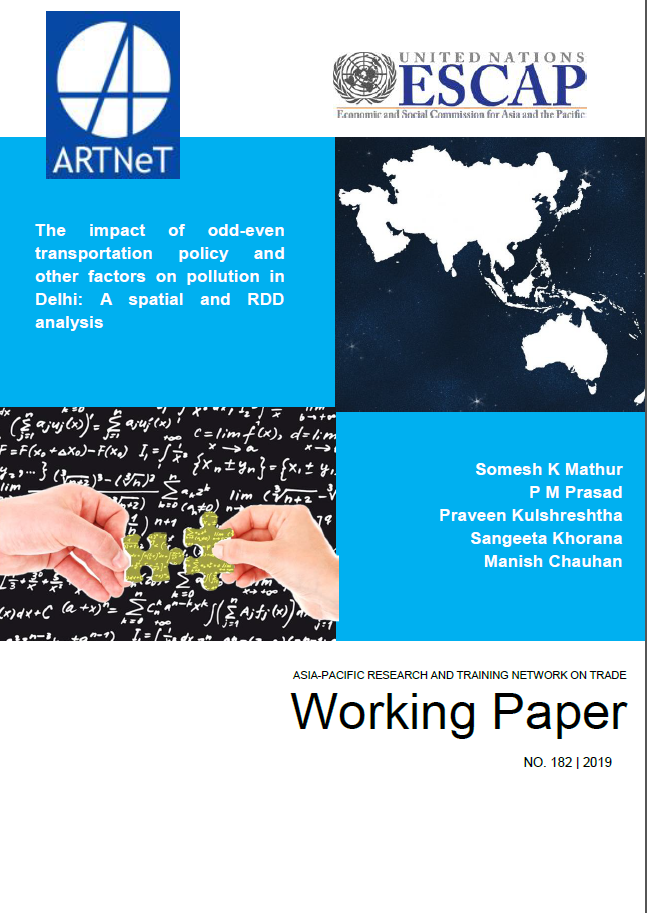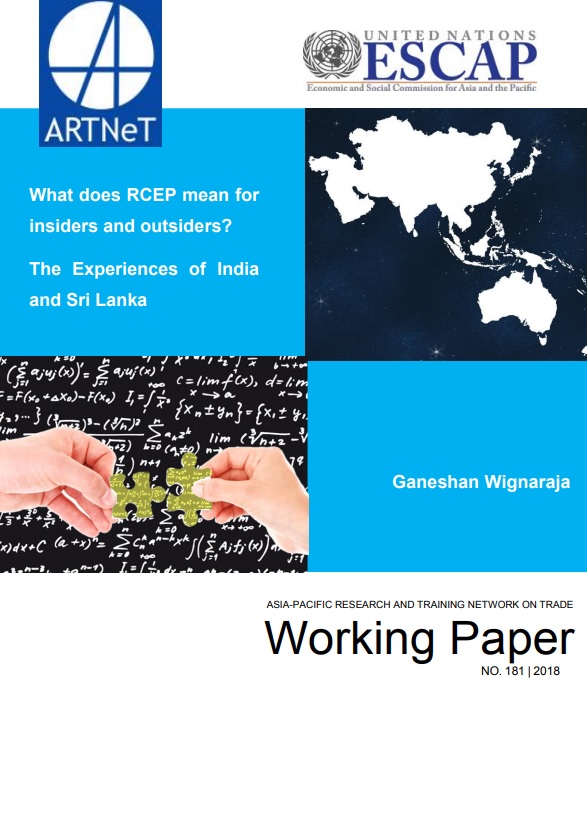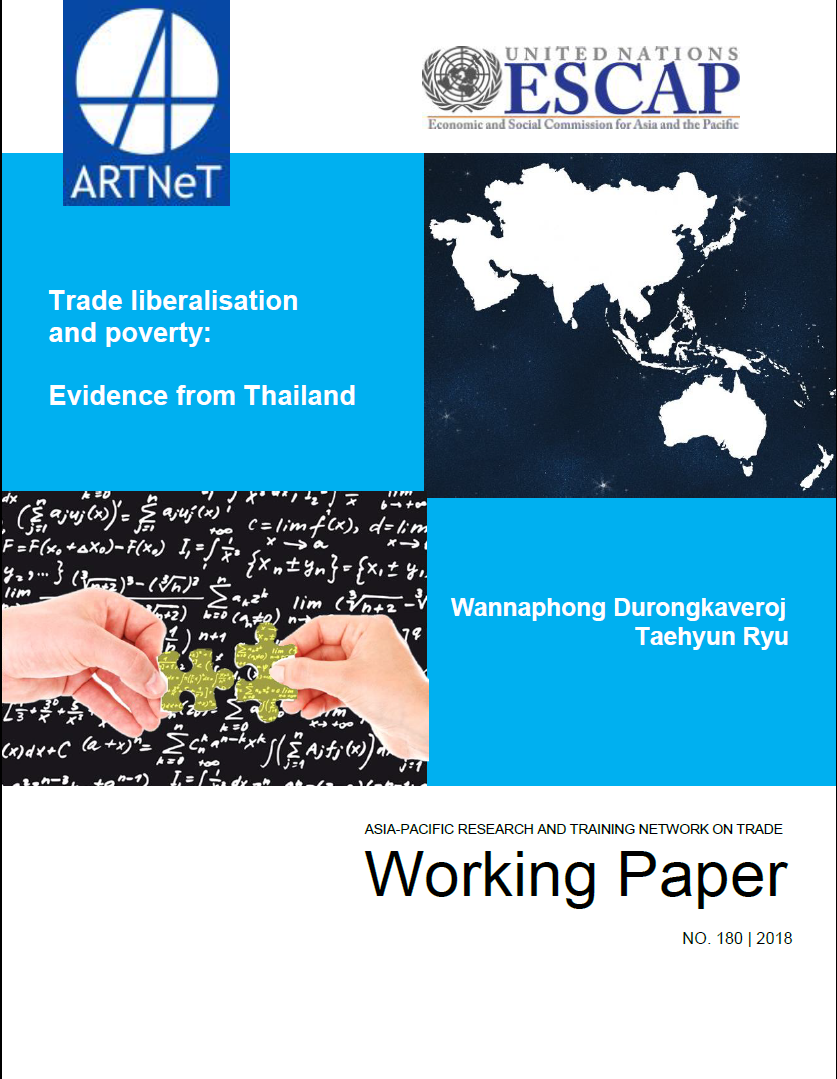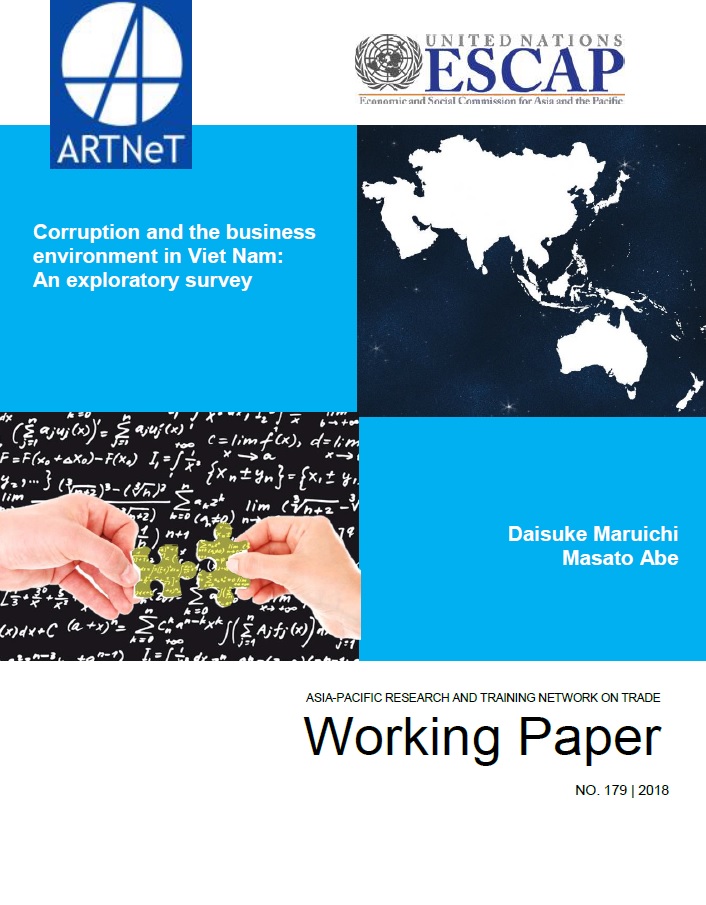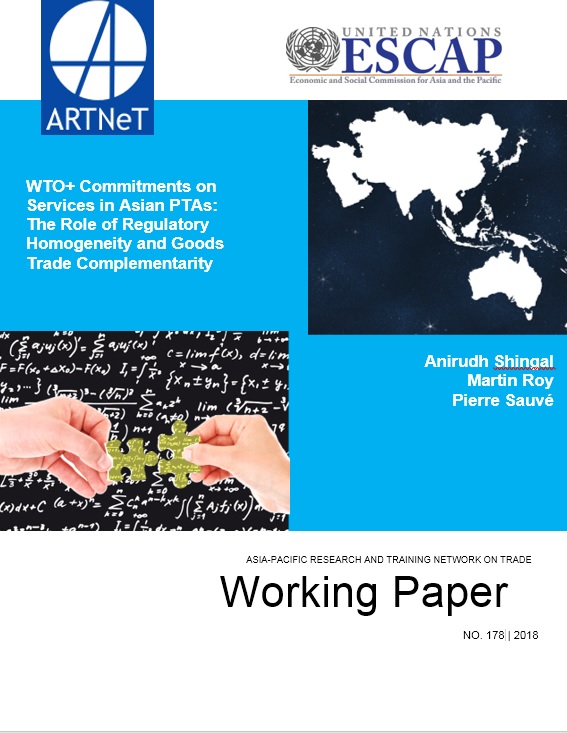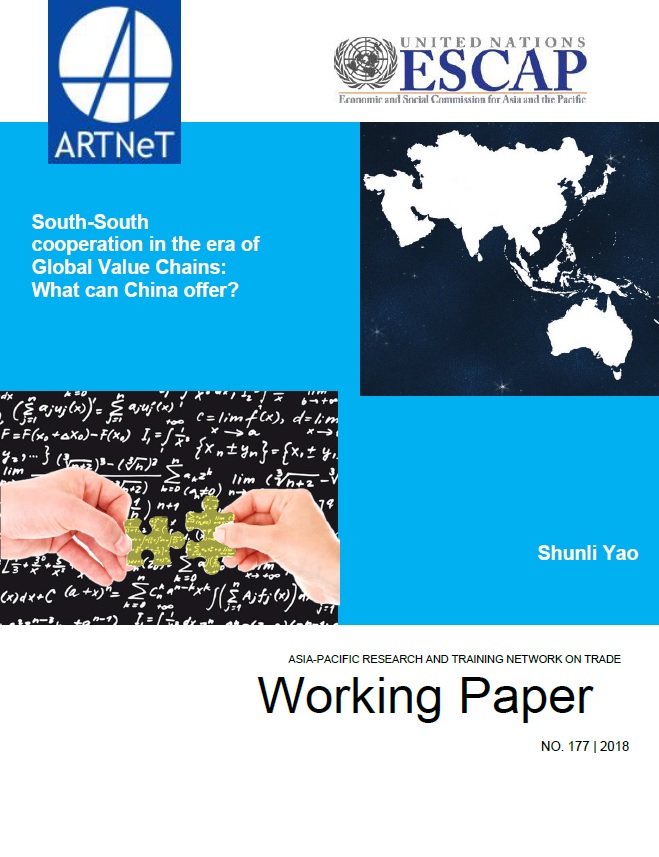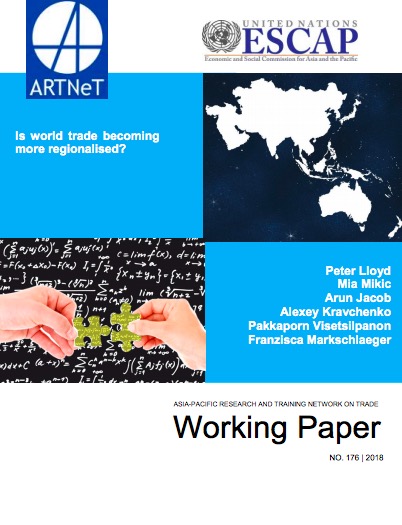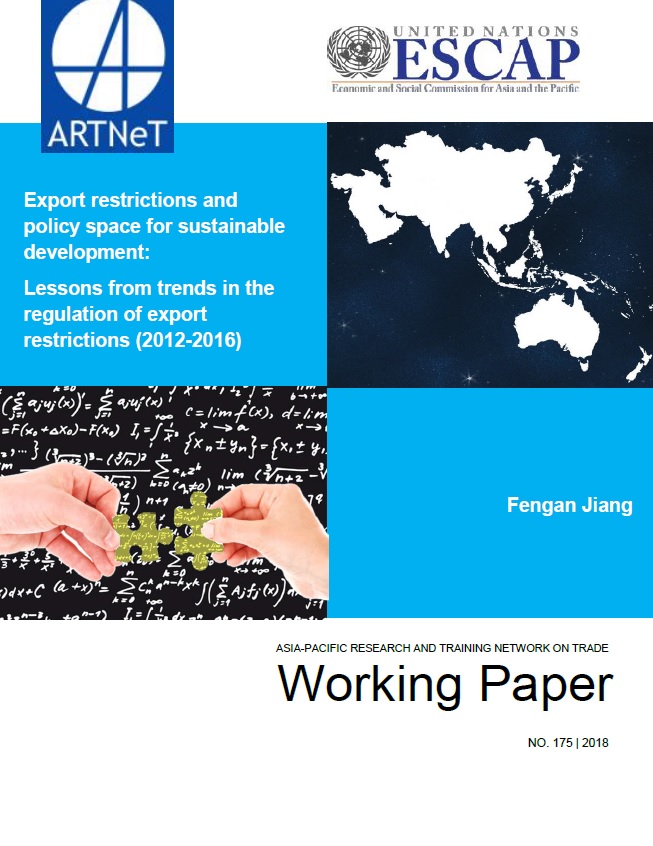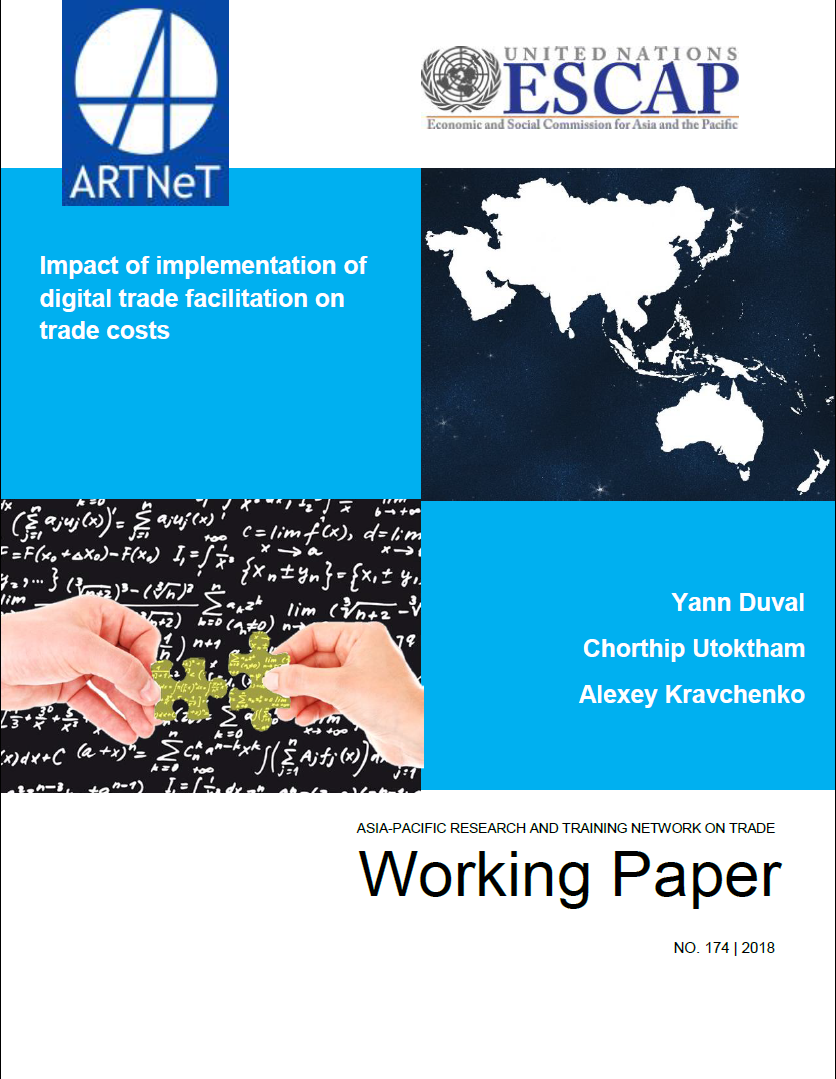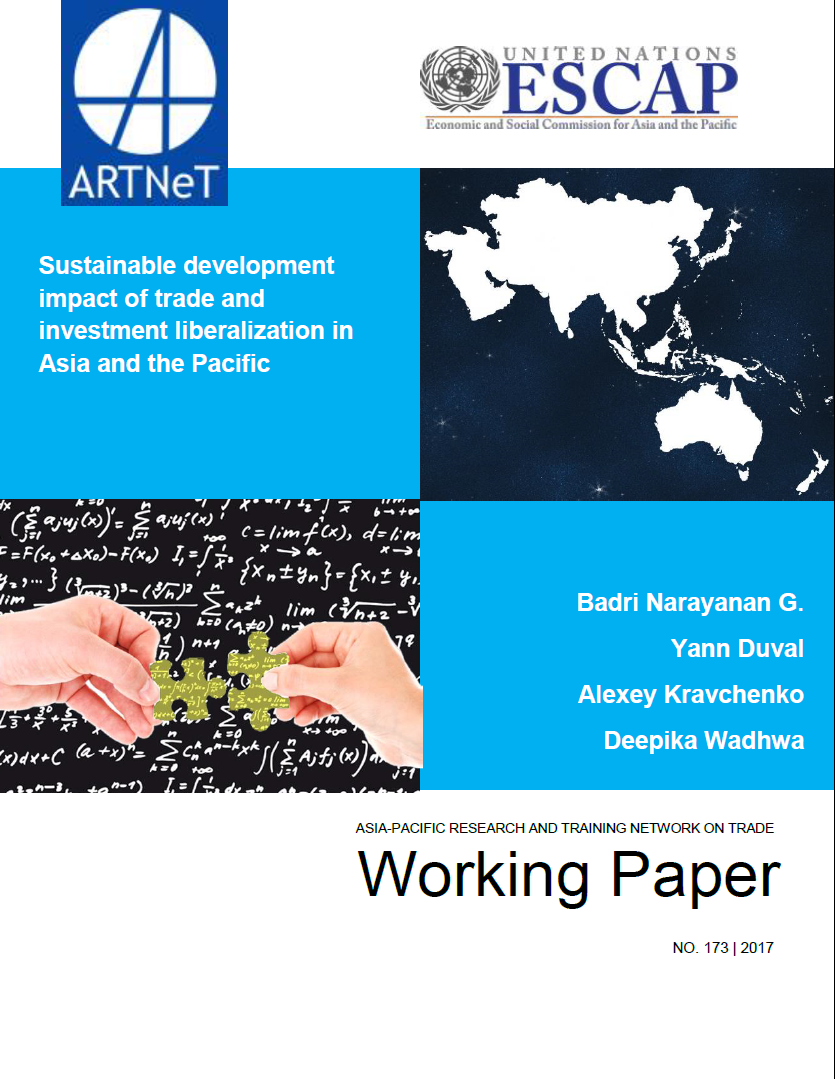What does RCEP mean for insiders and outsiders? The Experience of India and Sri Lanka
This paper explores the economic implications of the Regional Comprehensive Economic Partnership (RCEP) – Asia’s largest trade agreement - on India and Sri Lanka. The findings from existing model-based studies suggest that India, as an insider economy, will potentially gain from the RCEP while outsider economy Sri Lanka will likely loose. India faces challenges in the RCEP negotiations in liberalizing goods and services trade and adopting new intellectual property rules. Building business competitiveness and policy reforms can mitigate these challenges.
Trade liberalisation and poverty: Evidence from Thailand
This paper replicates the study of Topalova (2010), performs a robustness check, and extends the findings by applying the estimation technique to the economy of Thailand. Topalova (2010) found that trade liberalization in India has heterogenous effects on poverty and household consumption. More specifically, districts in which production sectors are more exposed to trade openness, experienced less poverty reduction and slower consumption growth. The effects of trade reform on poverty have been extended to a squared poverty gap, and the results are robust to other poverty measures.
Corruption and the business environment in Viet Nam: An exploratory survey
WTO+ Commitments on Services in Asian PTAs: The Role of Regulatory Homogeneity and Goods Trade Complementarity
South-South cooperation in the era of Global Value Chains: What can China offer?
Is world trade becoming more regionalised?
The proliferation of RTAs is a central feature of the world trade policy environment in the last 20 years. This paper provides an empirical study of the extent to which the formation of RTAs has changed the distribution of world goods trade among trading partners. To do this, it constructs a new measure, an index which measures the extent of bilateral trade between pairs of countries in each year. On average for the world economy this measure does not increase over the sample period 1981 to 2016.
Export restrictions and policy space for sustainable development: Lessons from trends in the regulation of export restrictions (2012-2016)
Impact of implementation of digital trade facilitation on trade costs
This study estimates the effect of trade facilitation measures implementation on trade costs in Asia and the Pacific using data from the United Nations Global Survey on Trade Facilitation and Paperless Trade Implementation. Impact of different sets of measures are considered, from a basic set of measures to ensure compliance with the World Trade Organization Trade Facilitation Agreement (WTO TFA) commitments, to a full set of digital trade facilitation measures.
Sustainable development impact of trade and investment liberalization in Asia and the Pacific
Trade and investment can be effective means of implementation of the 2030 Sustainable Development Agenda. However, stand-alone trade and investment liberalization policies aimed at enhancing economic development may have negative side-effects on non-economic facets of sustainable development. As such, they are best to be accompanied by trade facilitation measures, as well as environmental, social and other complementary policies.

